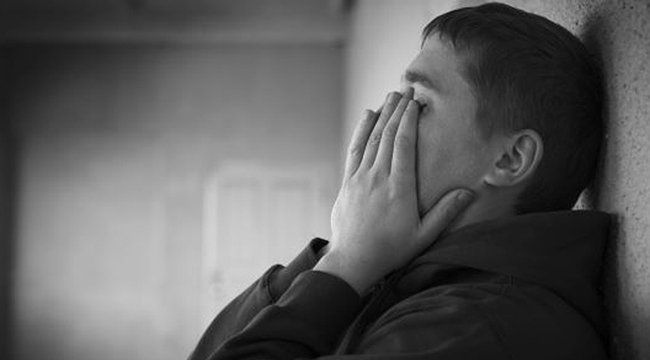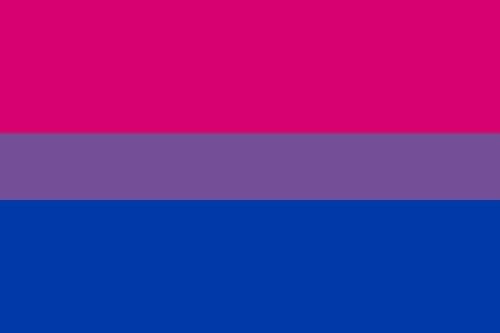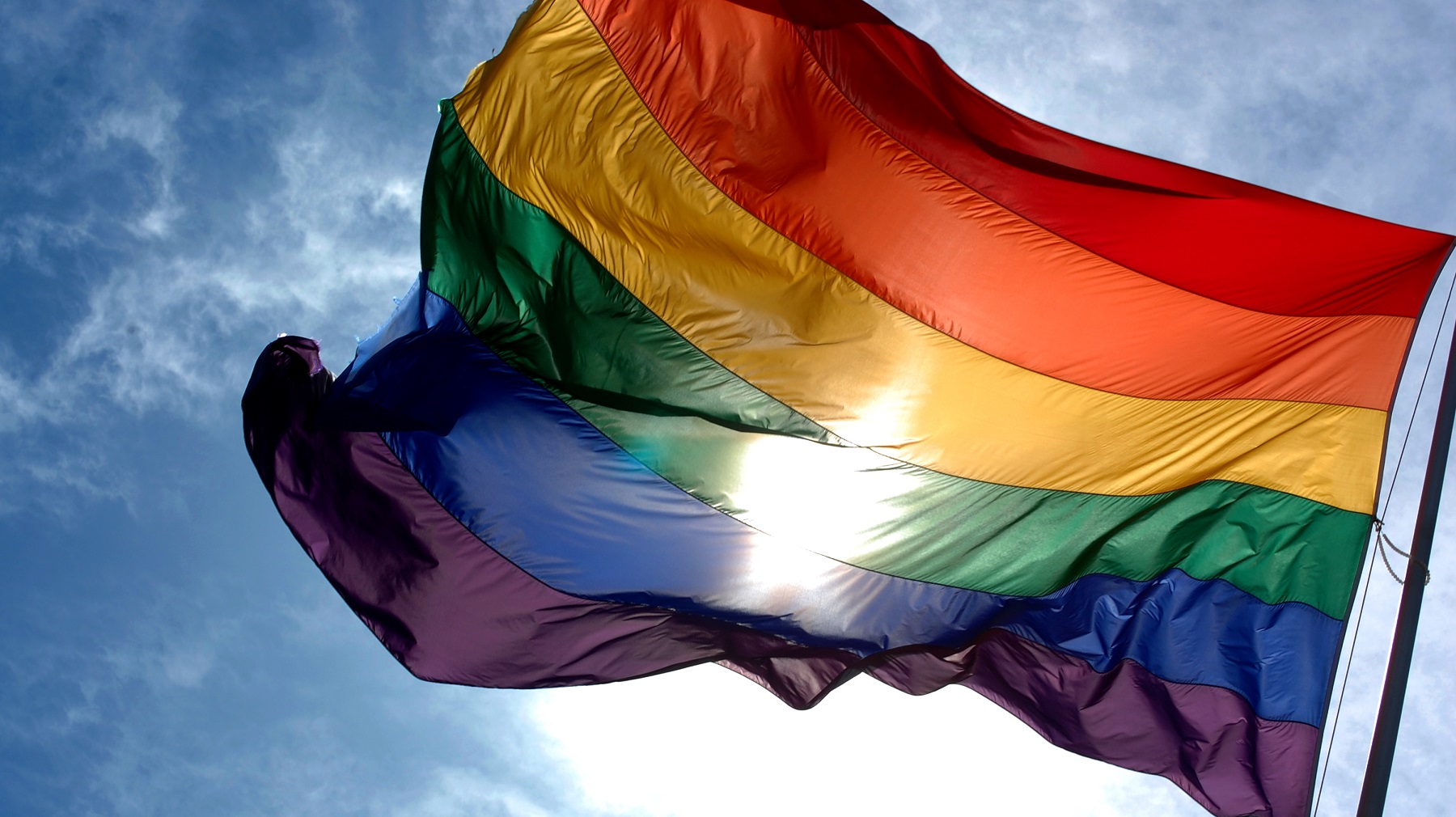Bisexual people more likely to self-harm, study finds
Researchers found those who identify as bisexual were more than six times more likely to have self-harmed in the last year than straight people.
By Will Stroude
Bisexual people are up to six times more likely to self-harm compared to people of other sexual orientations, according to a new study.
Researchers at the University of Manchester found those who identify as bisexual were more than six times more likely to have self-harmed in the last year than straight people.
The study, which used data from 24 independent studies and is published in the Journal of Affective Disorders, also found bisexual people were also more than four times more likely to self-harm in their lifetime compared with gay men.

Now, researchers are hoping to shed more light on the reasons behind this by asking young bisexual people aged 16-25 to take part in a new online study documenting their experiences.
The online study, called ‘Self injury in young bisexual people: a longitudinal investigation (SIBL)’ is looking for particpants to record their experiences each week for six weeks, to see whether factors such as biphobia may play a part.
The study’s lead author, trainee clinical psychologist Brendan Dunlop, said: “Self-injury can occur across all sections of society, cultures, genders, ages and sexualities. However, mental health outcomes for bisexual people, appear to be consistently worse than other sexual orientations.

“Self-injury often shows an individual is in distress or struggling with overwhelming emotions. But it can also have physical consequences, such as infection and scarring, and increase the risk of other high-risk behaviour, including suicide.
“It’s important we understand why this behaviour occurs, so we can identify ways of better supporting those who struggle with self-injury.”
He added: “This review paper highlights the need for early identification and prevention of self-injury in bisexual people.

“We do recognise, however, that bisexual people may not always attend groups or services because of difficulties of biphobia or difficulties with feelings of belonging within the LGBTQ+ community.
“So alternative means may be necessary to reach them, such as links to mental health support on online, posters aimed at bisexual people displayed in LGBTQ+ venues and support services engaging directly with the bisexual community.
“Educational and voluntary organisations could play a role in supporting bisexual people who may present with these difficulties.
If you’re affected by any of the issues raised in this story contact the Samaritans on 116 123 (UK) or 116 123 (Republic of Ireland). For more information visit mind.org.uk.
